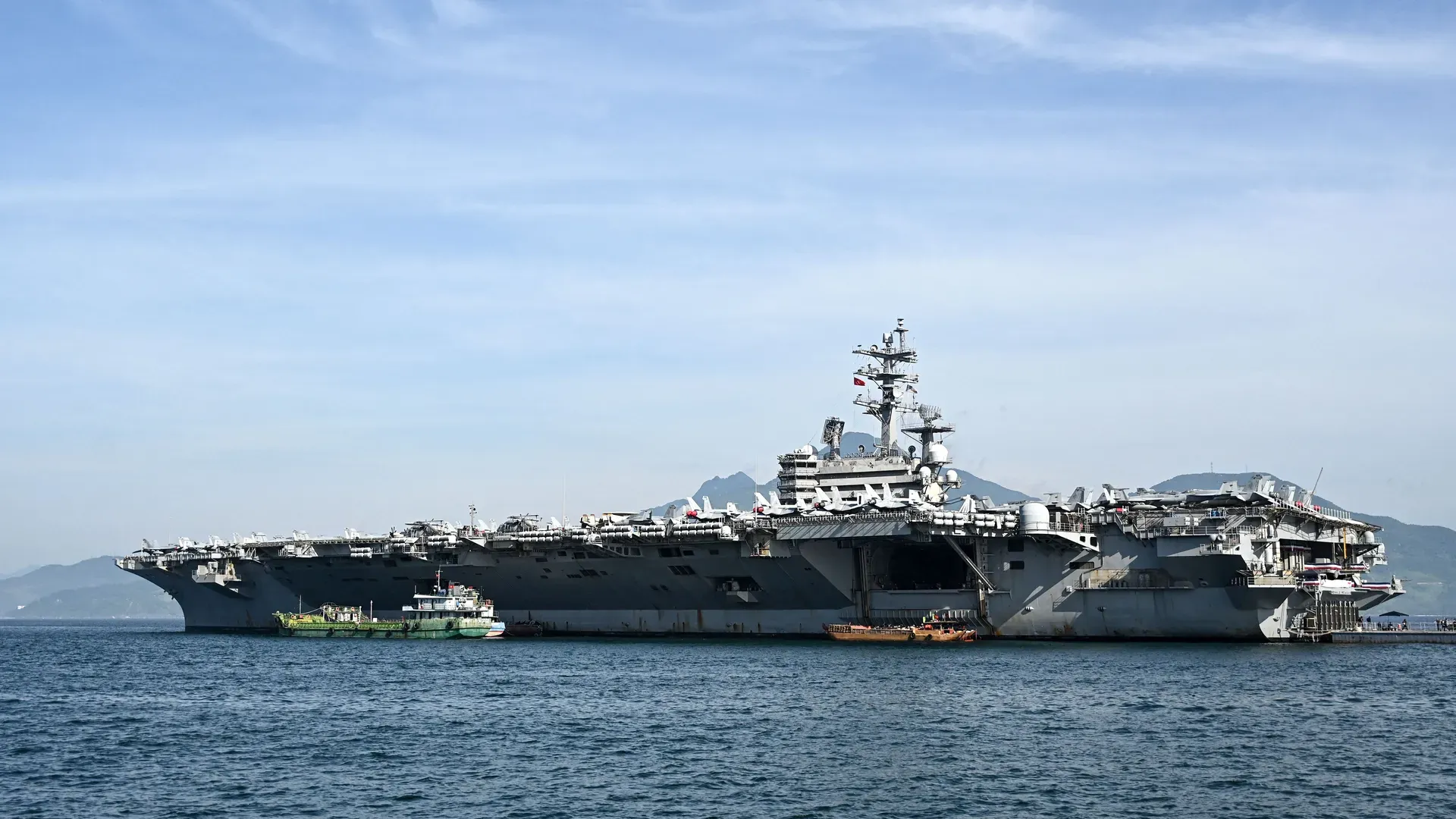North Korea Threatens Nuclear Action in Response to US Carrier Presence in South Korea
In an aggressive response to the recent docking of the USS Ronald Reagan aircraft carrier battle group in South Korea's southeastern port of Busan, North Korea has once again raised the possibility of deploying nuclear weapons as a defense mechanism. The North Korean administration, emboldened by its advancing

In an aggressive response to the recent docking of the USS Ronald Reagan aircraft carrier battle group in South Korea's southeastern port of Busan, North Korea has once again raised the possibility of deploying nuclear weapons as a defense mechanism.
The North Korean administration, emboldened by its advancing nuclear capabilities, perceives the presence of the US military asset as a direct provocation. As a result, it has not hesitated to issue threats of preemptive nuclear strikes, a stance it has increasingly taken in recent years. However, many experts and analysts consider it unlikely that North Korea would be the first to employ such weapons, given the overwhelming firepower possessed by US and South Korean forces. Instead, they believe North Korea's primary strategy, for now, is to continue advancing its nuclear capabilities without engaging in diplomatic channels.
The USS Ronald Reagan's arrival in Busan comes on the heels of naval exercises conducted by the US, South Korea, and Japan in international waters. The aircraft carrier is scheduled to remain docked for a five-day period. This is in alignment with an understanding to temporarily station powerful US military resources in the region, primarily as a countermeasure to North Korea's expanding nuclear program.
North Korea's official Korean Central News Agency (KCNA) labeled the US aircraft carrier's arrival as a glaring instance of "military provocation." Furthermore, they see it as evidence of the US's plans to initiate an attack on North Korea. KCNA emphasized North Korea's escalatory nuclear doctrine, which permits the country to employ nuclear weapons preemptively under certain circumstances.
North Korea has consistently maintained that its nuclear program is a direct consequence of perceived threats from the US and South Korea. The nation has often expressed vehement opposition to the deployment of strategic US military assets in the region, as well as to joint US-South Korean military exercises.
Interestingly, many geopolitical analysts opine that North Korea deliberately amplifies regional tensions. This strategy serves a dual purpose: firstly, to justify the expansion of its nuclear program and, secondly, to use this nuclear leverage to extract more concessions from the international community.
The past year has seen North Korea undertake over 100 missile tests, purportedly in response to expanded US-South Korean military activities. Both Washington and Seoul assert that their drills are purely defensive.
In a significant move last year, North Korea enacted a law detailing various scenarios under which it can deploy nuclear weapons. This includes situations where it perceives an imminent threat to its leadership or when it believes there's a need to prevent a large-scale crisis threatening its citizenry and governance.
Both the US and South Korean administrations have been clear in their stance: any nuclear action by North Korea would lead to the termination of Kim Jong Un's regime.
In a related development, North Korea also refuted allegations that Hamas employed North Korean weapons in a recent attack against Israel. The KCNA accused the US of being the source behind this "baseless and false rumor," pointing fingers at Radio Free Asia, a US government-funded news service, and other unnamed entities for propagating these claims.




